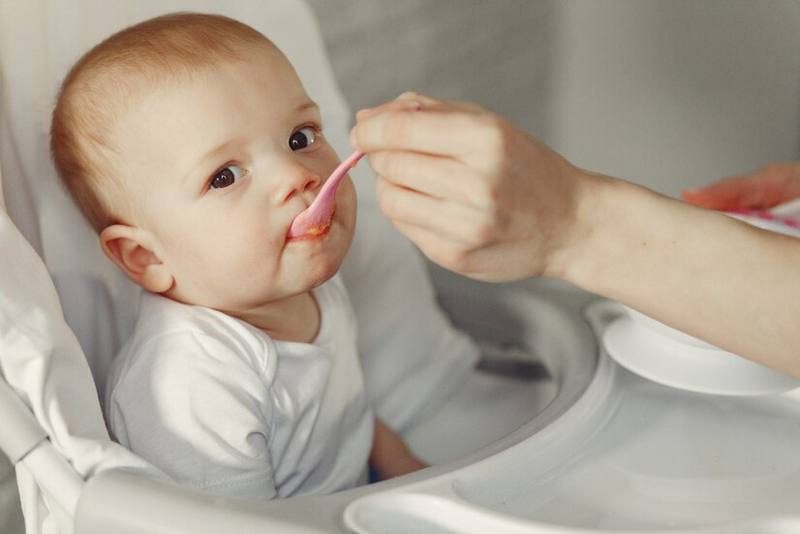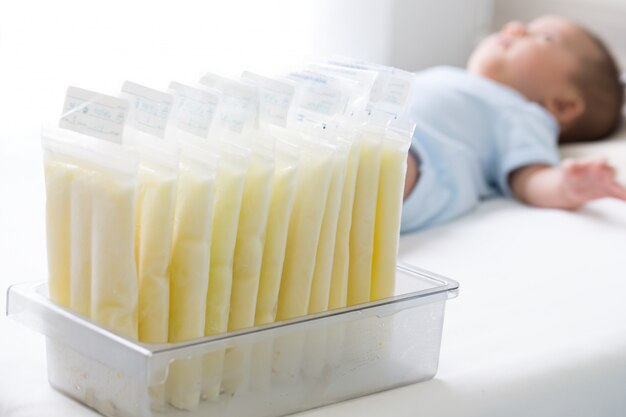
Amazingly, this is true. Breastmilk composition really does change as your baby grows and varies at different times. To understand this, we need to start with the basic components of breastmilk.
Breastmilk is mainly composed of water, lactose, fat, and protein. Water makes up about 80 percent of breastmilk, while lactose, fat, and protein make up the remaining 20 percent.
What is Lactose?
Lactose is a key influencer in infant growth and acts as an effective carbohydrate for infants. It contributes to brain development and supports the healthy colonization of intestinal flora.
What is Fat?
Fats provide energy for the baby and are essential for the development of the central nervous system. They help cushion the baby's organs, regulate body temperature, and assist in the absorption of vitamins A, D, E, and K.
What is Protein?
Protein is a nutrient that aids in the absorption of other nutrients, builds muscle, develops organs, repairs tissues, and helps build a healthy immune system. It also promotes metabolism and digestion.
Each component plays a role in your baby's development and changes in different proportions as your baby grows.
Colostrum (first two days of life)
During this period, breastmilk contains a large number of antibodies and beneficial bacteria, in addition to a high amount of lactose. This is why colostrum is often referred to as "liquid gold." It helps the newborn build a strong immune system.
Transitional milk (from day 3 to week 2)
As the mother's breasts become fuller, the amount of milk increases. The contents, including lactose and fat, remain rich, which supports the baby's development.
Mature milk (after one month)
As the mother's milk matures, the ratio of ingredients stabilizes, and the content of lactose, protein, and other vitamins and minerals becomes more suitable for the baby's developmental needs.
The composition of milk will continue to vary as the baby grows and feeds, but it remains true that a mother's milk adapts to meet the needs of her growing baby. There is always magic in the bond between a mother and her baby as they grow together.
References:
Mathilde GUERVILLE, (April 4, 2023), Lactose: A key nutrient in infant nutrition
https://www.lns-privatelabel.com/news/lactose-a-key-nutrient-in-infant-nutrition/
Kate Geagan, Good Fats for an Infant’s and Toddler’s Healthy Growth and Development
Abbott, (August 8. 2018), Why is Protein Important for Kids' Growth?
katie black, (October 21, 2022), How Does Breast Milk Change for Your Baby's Needs?























